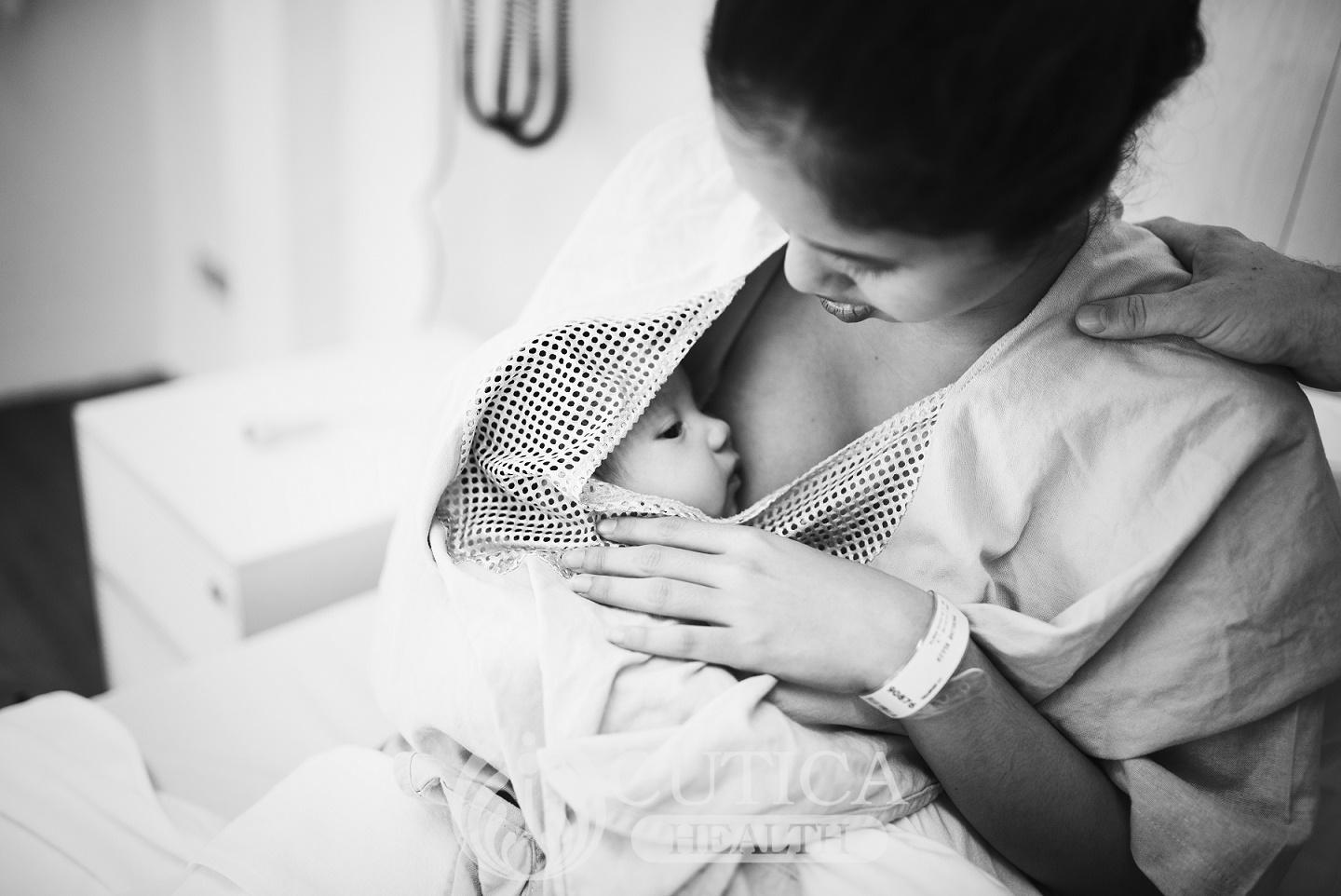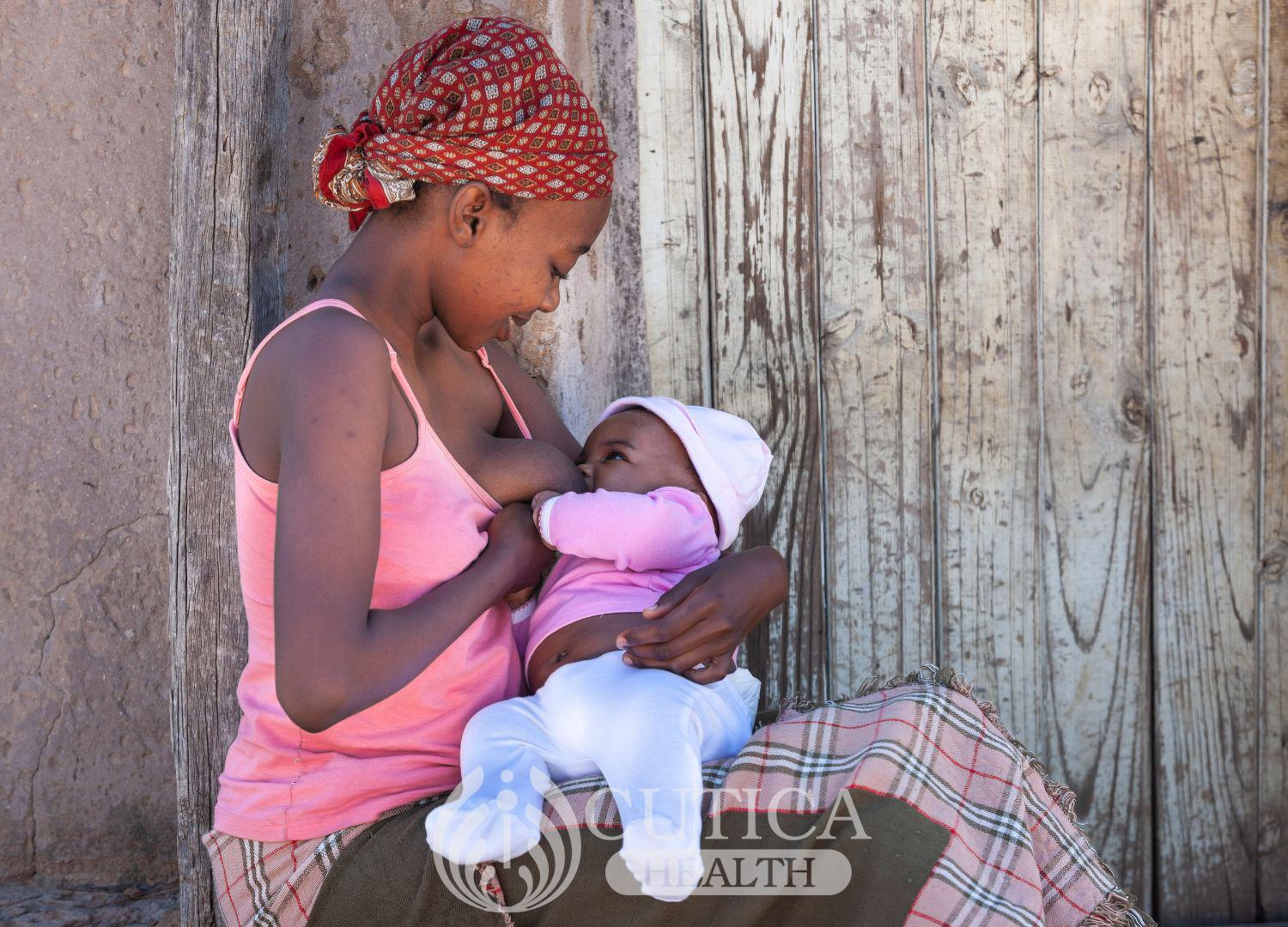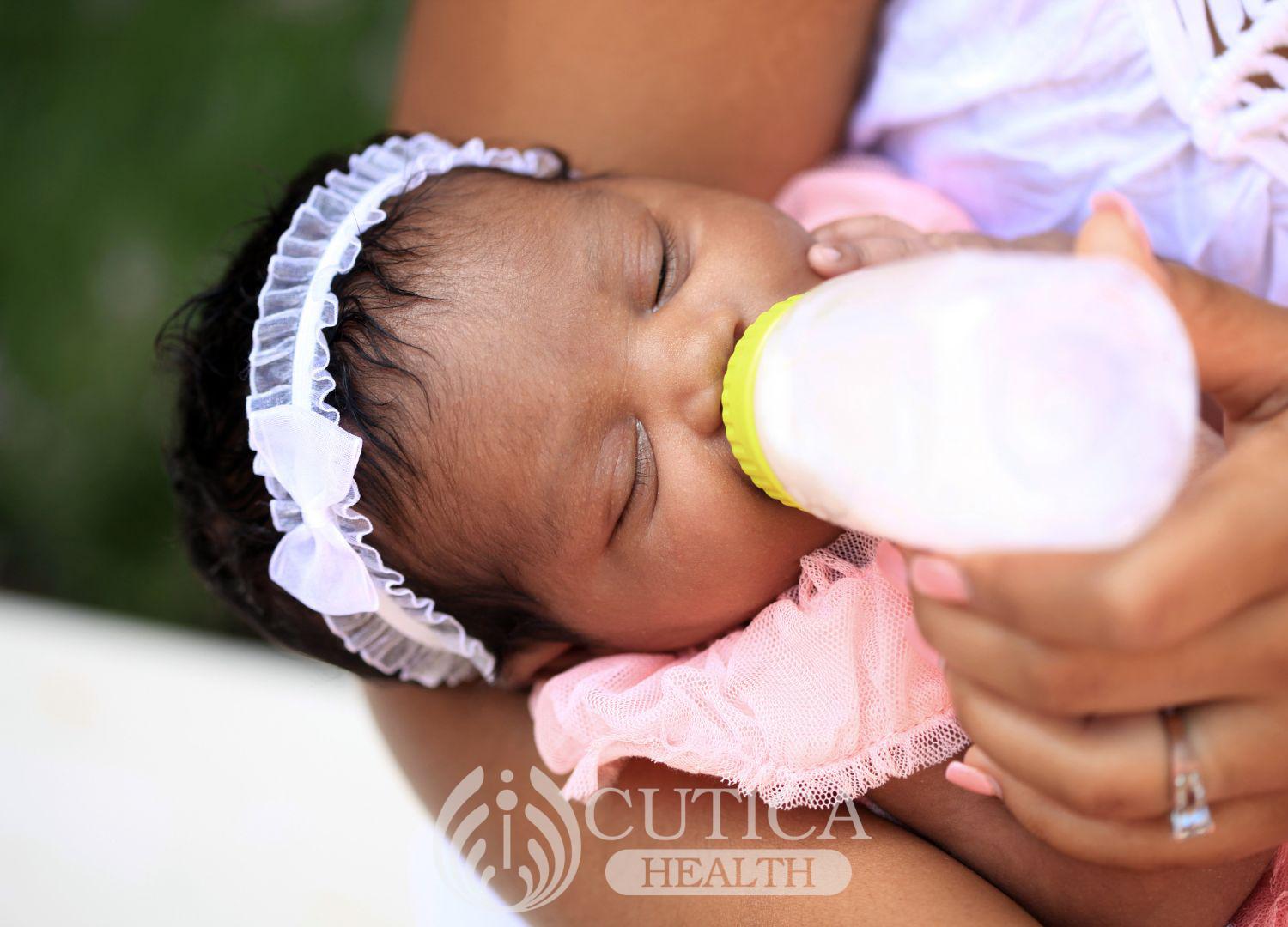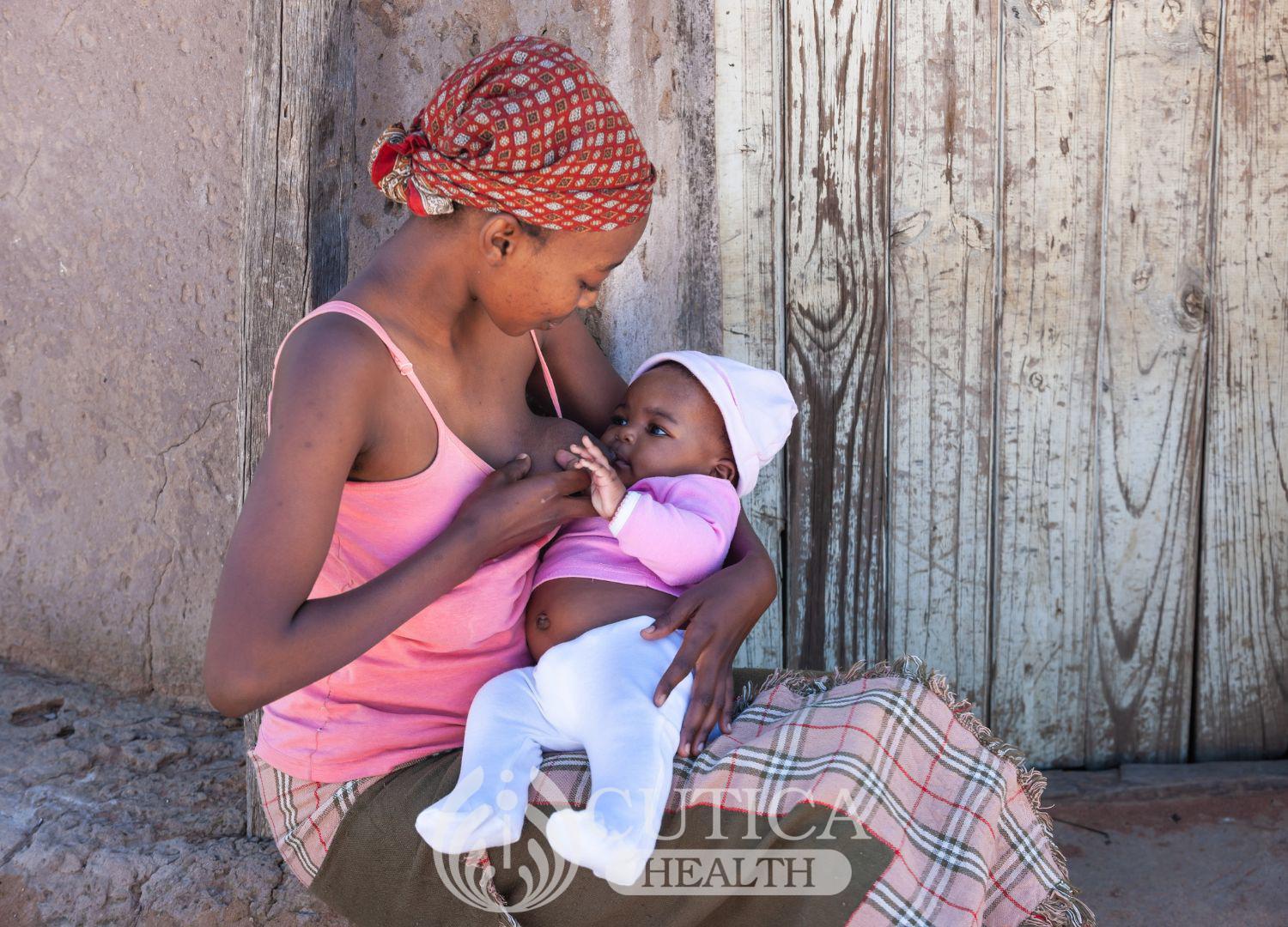
When Kate Wesley got married, she was just four years shy of 40. And since then, she and her husband had been trying for a baby.
Now approaching 40, she found out she’s expecting. She’s scared because even in her 30s, doctors told her that she could conceive a child with a defect. What was to be her fate as a 40-year old? This time, she feared not only the baby, but she also could be at risk. Will she keep the baby?
Tick-tock goes a woman’s biological clock
As a woman grows older, her biological clock ticks away. This biological clock refers to her fertility. This is why women are mostly advised to give birth before age 30-35, after which the ability to get pregnant starts to decline.

All humans are created when a female egg is fertilized by a male sperm. Unlike men who produce millions of sperm per day, women are born with all the eggs they would have during their reproductive life. Once women hit the age of puberty and menstruation starts, there is a natural loss of eggs through the process of menstruation. Menstruation refers to a monthly flow of blood experienced by females when their eggs are not fertilized.
Some studies show that about 5-10% of eggs remain when a female reaches age 30. And by age 40, she has barely 3% left. Apart from this decrease in quantity, there is also a decrease in quality such that there is a chance of having a baby with a birth defect once a woman hits 30.
Further, as humans age, they become more susceptible to chronic diseases like hypertension, diabetes, and so on. Adding pregnancy to the equation seems like adding water to a pan of hot oil as the woman’s body has to cater to the needs of two people. These are, therefore, some of the risks attached to having a baby at 40:

- Miscarriage: Common causes of miscarriages are genetic problems in the baby, weak cervix (lower end of the womb), and some medical conditions, such as diabetes and high blood pressure. At 40, a woman’s risk of these problems increases.
- High blood pressure: The risk of high blood pressure goes up as a woman ages; this puts her at risk of many pregnancy-related problems including placental tears, pre-eclampsia (severe high blood pressure in pregnancy that could lead to more serious problems, and problems with the baby’s growth.
- Gestational diabetes: This refers to high blood sugar seen in pregnant women. Usually, the blood sugar levels go back to normal some weeks after the baby is born, but not in all cases. Some women have a higher chance of having diabetes later in life because of this.
- Having a baby with birth defects: The most common type of birth defect observed in children born to women above age 30 is Down syndrome. This syndrome occurs when a baby is born with an extra copy of a chromosome and has both physical and intellectual disabilities. Chromosomes carry our genetic information.
- There’s also a high chance of having a baby with low birth weight and in worst-case scenarios, stillbirth—meaning the baby had died in the womb.
- Labor-related risk: The chance of having a vaginal delivery drastically reduces with age. Also, because of the higher risk of medical conditions in pregnancy, such as pre-eclampsia, the risk of having a cesarean delivery is much higher in this age group.

Overall, it is not impossible to get pregnant and deliver safely in your 40s; however, the risks to pregnancy and labor are much higher. Speak with your doctor if you wish to get pregnant soon or are already pregnant to ensure you monitor your health and that of your baby’s.













